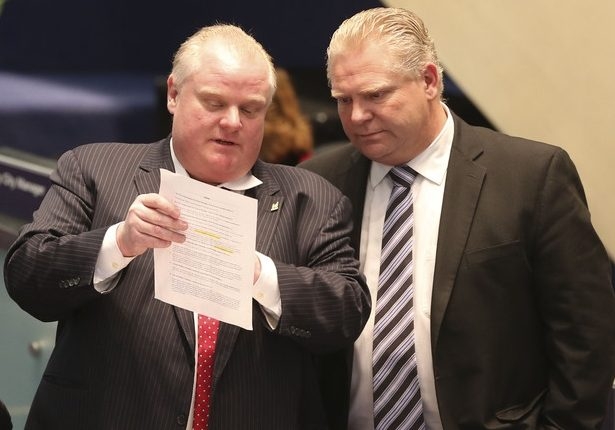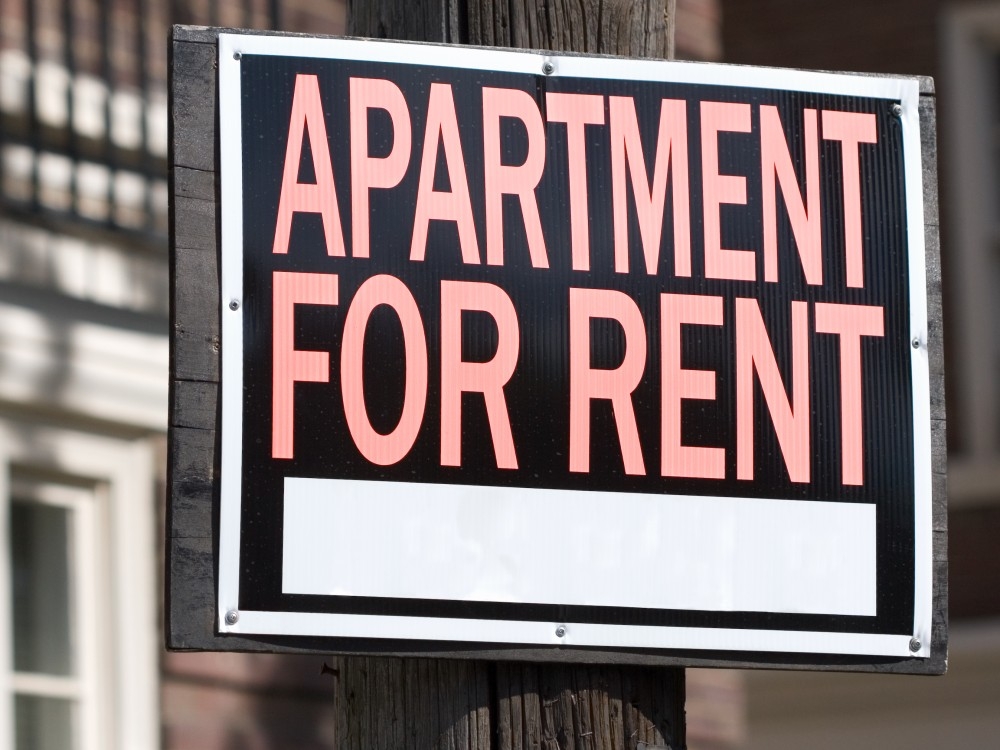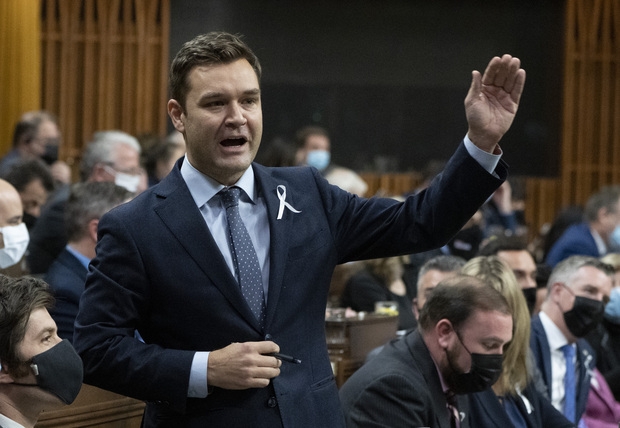Doug Ford consistently dominates headlines, from endorsements to political stances. Yet, a critical aspect of his leadership – the financial health of Ontario – often remains underexplored. A direct comparison reveals a surprising divergence from the principles championed by his family.
The Ford name is synonymous with Ontario politics, a dynasty stretching from father Doug Sr. to nephew Michael, all having served at Queen’s Park. The family built its reputation on a populist message of lower taxes and skepticism towards big government. However, Doug Ford’s actions as Premier paint a dramatically different picture than those of his late brother, former Toronto mayor Rob Ford.
Rob Ford’s time as mayor, though ultimately overshadowed by personal struggles and a tragic early death, was marked by significant achievements. He didn’t just talk about change; he delivered it.

Taking office in 2010, Rob Ford promised to “end the gravy train” of wasteful spending, and he followed through. He slashed the city budget by approximately $600 million, implemented private garbage collection, eliminated the vehicle registration tax, and kept tax increases below inflation for three out of his four years in office. Crucially, he also managed to increase municipal debt at a slower rate than his successors.
Rob consistently positioned himself as a fiscal conservative, contrasting his approach with that of his predecessor, David Miller, who had expanded spending and increased taxes. While Doug Ford served on city council during Rob’s tenure, his policies as Premier have, surprisingly, aligned more closely with Miller’s than with his brother’s.
Since 2018, under Doug Ford’s leadership, Ontario’s net debt has ballooned by $104.0 billion – a 7.3% increase even after accounting for inflation. The province is now facing a projected $460.7 billion in debt, the highest in its history when adjusted for inflation. Program spending, excluding debt interest, has risen from 17.3% of the provincial GDP in 2017 to 18.0% in 2024.
This translates to a real increase in spending per person. After adjusting for inflation and population growth, program spending has climbed from $12,754 to $13,463 per Ontarian since Doug Ford became Premier. Despite frequently criticizing his predecessor, Kathleen Wynne, for excessive spending, Doug Ford has demonstrably increased government expenditure.
Promises made during the campaign trail have also gone unfulfilled. Doug Ford failed to deliver on his commitment to reduce the business income tax rate and the middle personal income tax rate. Instead, tax relief has been limited to measures like gas tax cuts and one-time rebate cheques. Simultaneously, government revenues have increased from 18.3% to 19.2% of the provincial GDP, despite Ford’s repeated claims that government is an inefficient steward of taxpayer money.
The province has operated with a deficit for six out of the last seven years, and current projections indicate deficits will continue through 2025 and 2026. While the scale of municipal and provincial finances differs, the contrast between the Ford brothers’ fiscal records is undeniable.
Rob Ford actively worked to restrain spending, cut taxes, and limit debt accumulation. Doug Ford, conversely, has significantly expanded the size of Ontario’s government, broken promises regarding tax reductions, and continues to spend beyond the province’s means, adding to its already substantial debt.
Had Doug Ford adopted a similar fiscal approach to his brother Rob, Ontario’s financial situation would undoubtedly be stronger today.





